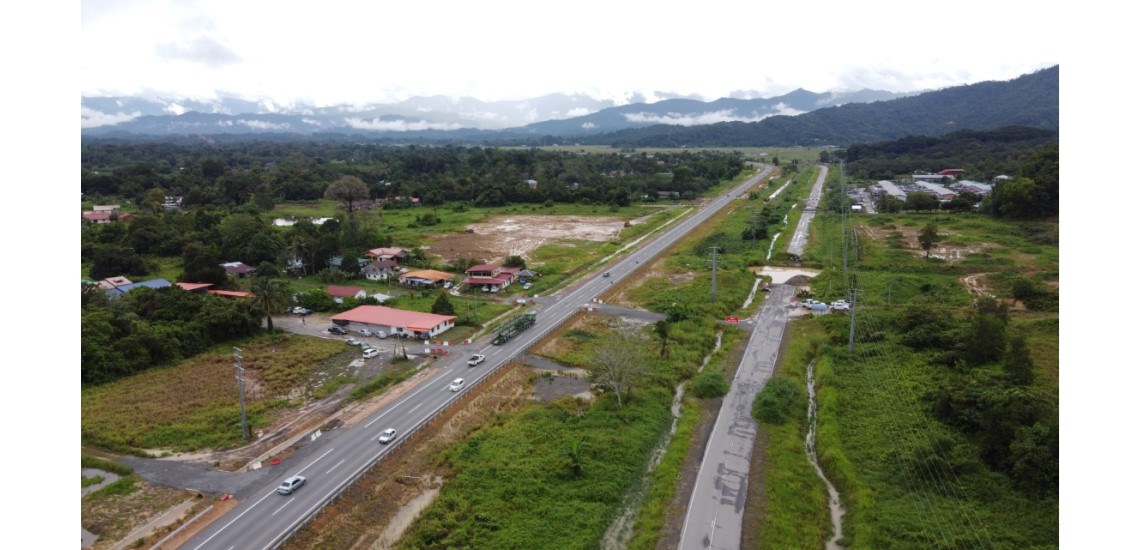Malaysia has completed three 1-km pilot schemes to determine whether roads should be made of rubberised asphalt. However, recyclers need not get too excited, yet.
Malaysian Results of Tests Still Pending
Works minister Datuk Seri Fadillah Yuso said the results were being evaluated, and any decision to build more extensive infrastructure would depend on that process.
Stretches of road were paved with rubber in Selangor and Negeri Sembilan.
“The final results will be available within this year and the three pilot projects are showing some positive indications that this will be one of the options”said Datuk Seri Fadillah Yuso, Malaysia’s Works minister
The most likely project to use rubberised asphalt this year would be the 1,000km Pan-Borneo Highway project to connect the Malaysian states of Sabah and Sarawak with Brunei, for which only 192km have so far been completed.
Fadillah said the evaluation process would usually take two years but he had set a one-year deadline to assess costs and the strength of the material.
“The final results will be available within this year and the three pilot projects are showing some positive indications that this will be one of the options,” he said.
The three trials are on roads that carry palm oil tankers, and so were subject to higher wear than normal carriageways. The process being evaluated in Malaysia is based on a compound of “cup lump” rubber and bitumen. This is the naturally coagulated rubber film recovered from the collection cups, rather than recycled tyre rubber.
According to Fadillah, construction of a rubberised road would be slightly more expensive than using a conventional surface, but the maintenance cost would be much cheaper.
Rubber producers around the world have been lobbying for the use of rubberised asphalt, and have pointed to tests showing that they make roads quieter, more skid resistant and more resistant to weathering and erosion. The intensity of the lobbying has increased since the price of natural rubber has fallen by 60% on the past five years.
Source:The Star




















